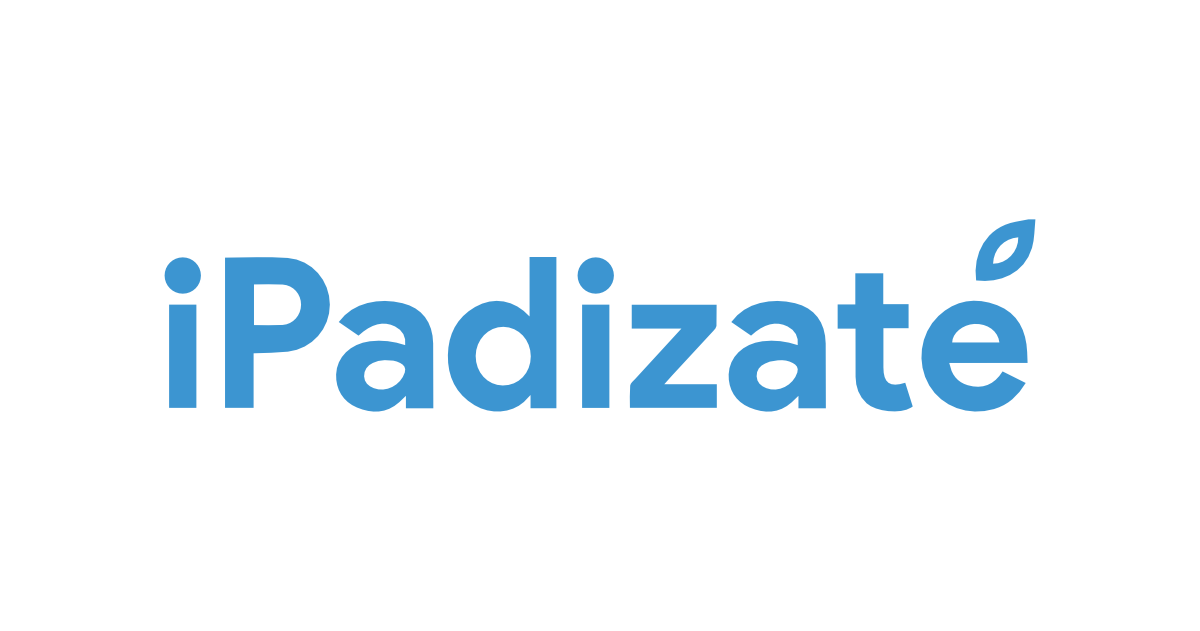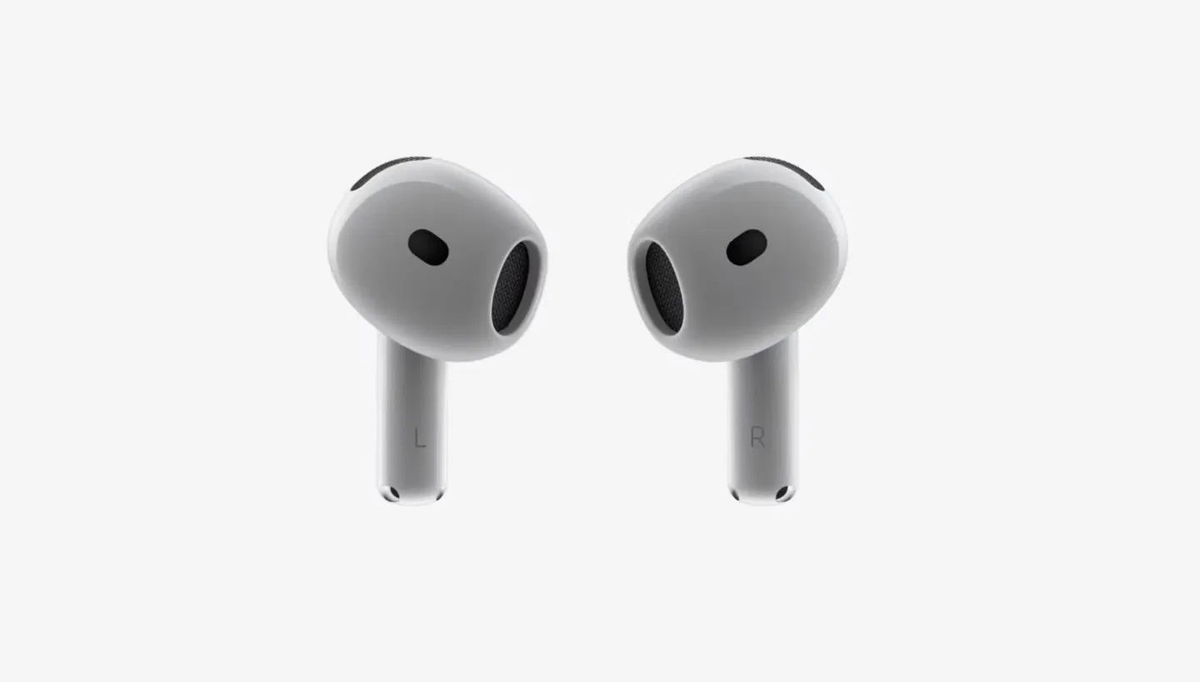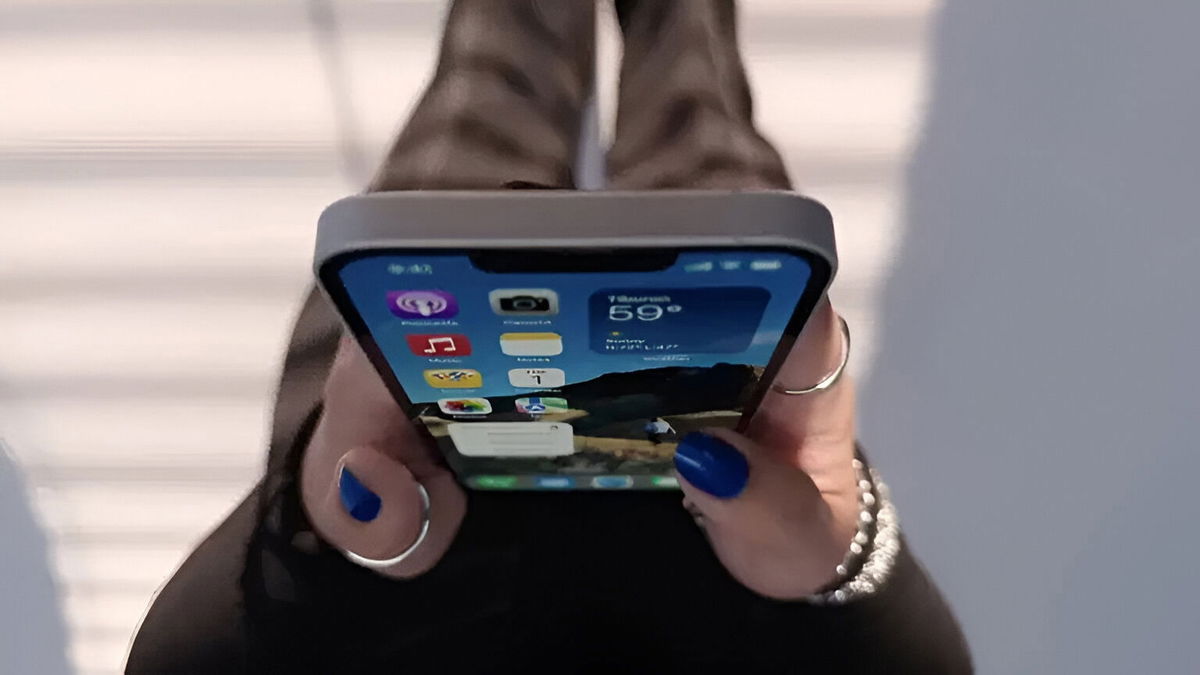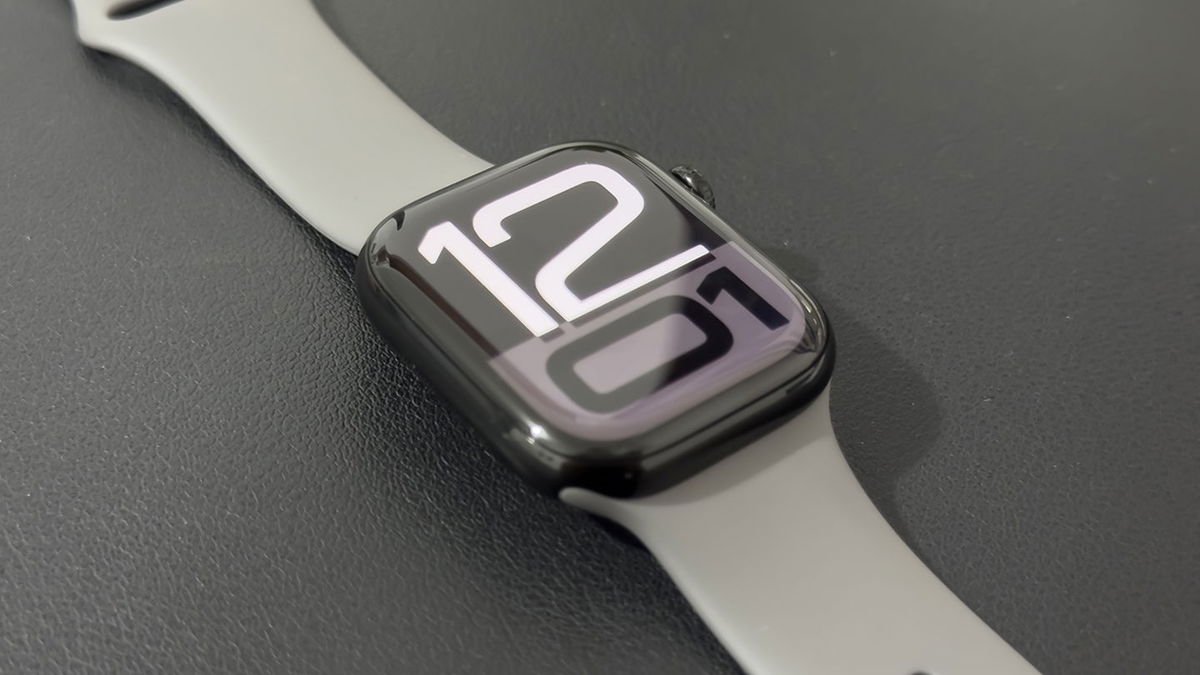For several weeks now, Google is facing the most important antitrust trial in its history. The U.S. Department of Justice is leading this process, seeking to demonstrate that the residents of Mountain View engages in anti-competitive practices have almost absolute control over your Internet search.
And this case is remarkable enough to shed light on details that ordinary people would not normally know about. Most notable, without a doubt, is how much Google is paying Apple to remain the default search engine in Safari. But he’s not the only one.
In fact, this week the Justice Department brought one of its most powerful charges against Californians yet, and it went largely unnoticed. According to the authorities, Google has hidden its advances in generative artificial intelligence to avoid damaging the monopoly it exercises through its search engine..
The fact that Google has been devoting time and resources to developing artificial intelligence models for many years is nothing new. The same applies to the fact that the company has decided to gradually introduce this technology both into its search engine and into its other products. One of the most striking examples is the case LaMDA. This model was introduced in 2021 but was quickly forgotten. And again they started talking about this only when the engineer caused a sensation by declaring that he had regained consciousness.
The US believes that Google tried to interfere with its achievements in the field of generative artificial intelligence

It’s also clear that Sundar Pichai’s team has doubled down on its efforts to introduce and promote AI-based tools this year. Both at the I/O event in mid-May and at the recent presentation of the Pixel 8/8 Pro and Pixel Watch 2, the words “artificial intelligence” They were repeated ad nauseum.
This is where the Justice Department wants to play its strongest cards. The organization argues that if it weren’t for the advent of OpenAI with ChatGPT and Microsoft’s eagerness to take advantage of the technology, many of the AI-related advances Google unveiled this year—call them Bard, PaLM 2, or whatever— they wouldn’t have seen the light yet.
The launch of ChatGPT at the end of 2022 created a real sensation and put generative artificial intelligence in the spotlight. Microsoft jumped at the opportunity to give OpenAI several billion dollars to integrate the technology into its products, starting with its Bing search engine. And Google had no choice but to come out and answer him by the Bard and various other advertisements.
According to the Ministry of Justice, Google had the economic power and necessary technical advancements to launch its generative AI tools much faster.. However, he believed that it was only after competitors first entered the market that Mountain View residents decided to go public with their efforts in the matter.
Authorities believe that if it were up to Google, all the advances seen over the past 10 months would they wouldn’t come out into the world. Or at least not at that speed. And this is where an important part of the argument lies at the heart of the antitrust lawsuit against Californians.
From Mountain View they defend

The US Department of Justice’s tactics are not new. Also stated Luck, had already used a very similar option in the lawsuit that ended AT&T’s monopoly on the American telephone system in 1982. Under the same premise, if it is now confirmed that was specially weighed By developing technologies that would be useful to the public, the story could quickly get complicated for Google.
Of course, Mountain View residents aren’t leaving this to chance. A few days ago he testified Prabhakar Raghavan, team leader responsible for Google’s search engine. The executive said they did not hinder the development of generative artificial intelligence in order to maintain their search engine monopoly. Instead, they chose to take slow but decisive steps in their approach.
“We felt it was not worth introducing this technology to users yet due to concerns about it. feasibility and toxicity. We kept it behind the scenes, but developed it gradually,” he explained.
It is clear that this discussion is part of a much larger discussion and that There will be no immediate solution.. The verdict in the antitrust case against Google is expected to be rendered no earlier than 2024.
Source: Hiper Textual
I am Garth Carter and I work at Gadget Onus. I have specialized in writing for the Hot News section, focusing on topics that are trending and highly relevant to readers. My passion is to present news stories accurately, in an engaging manner that captures the attention of my audience.











